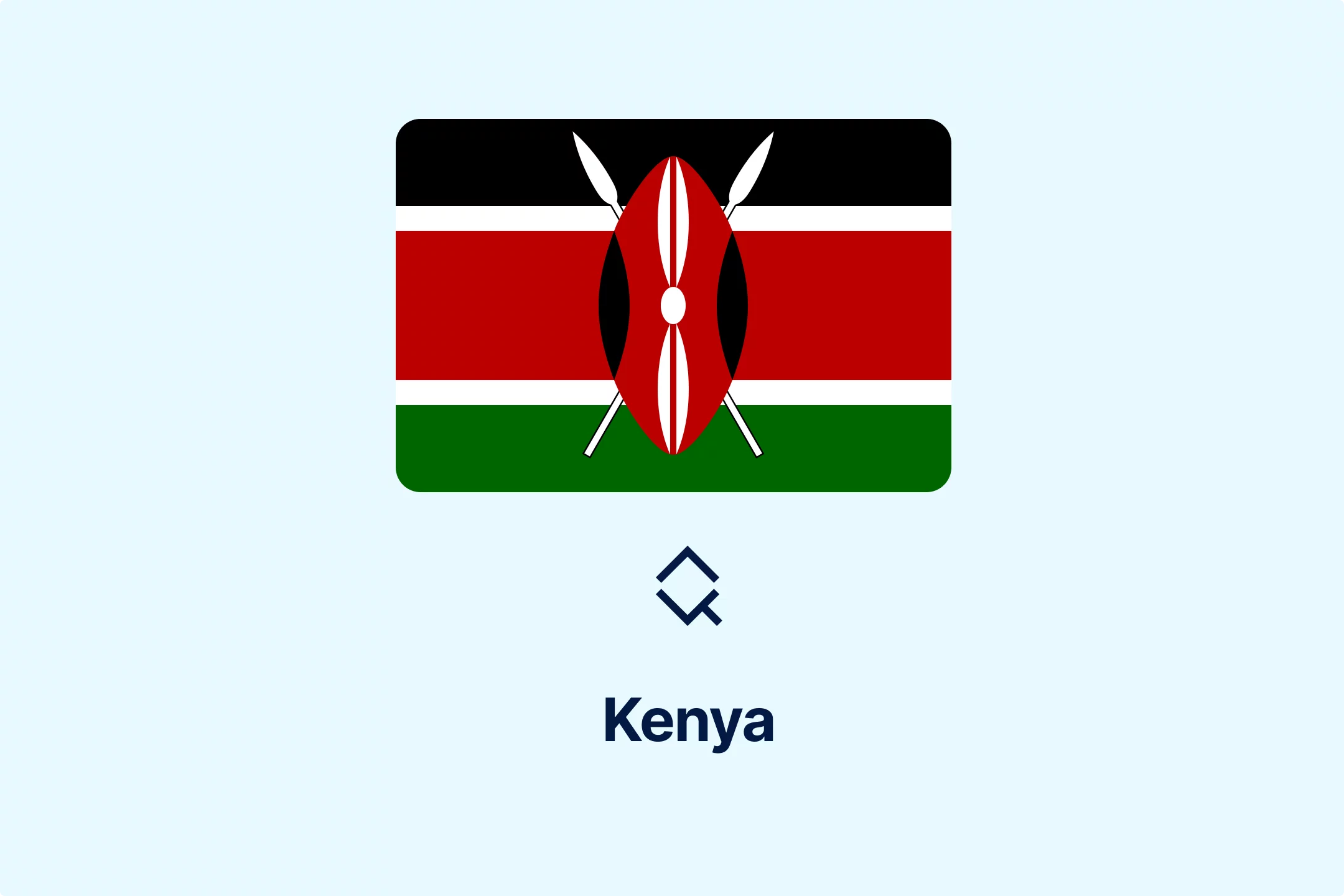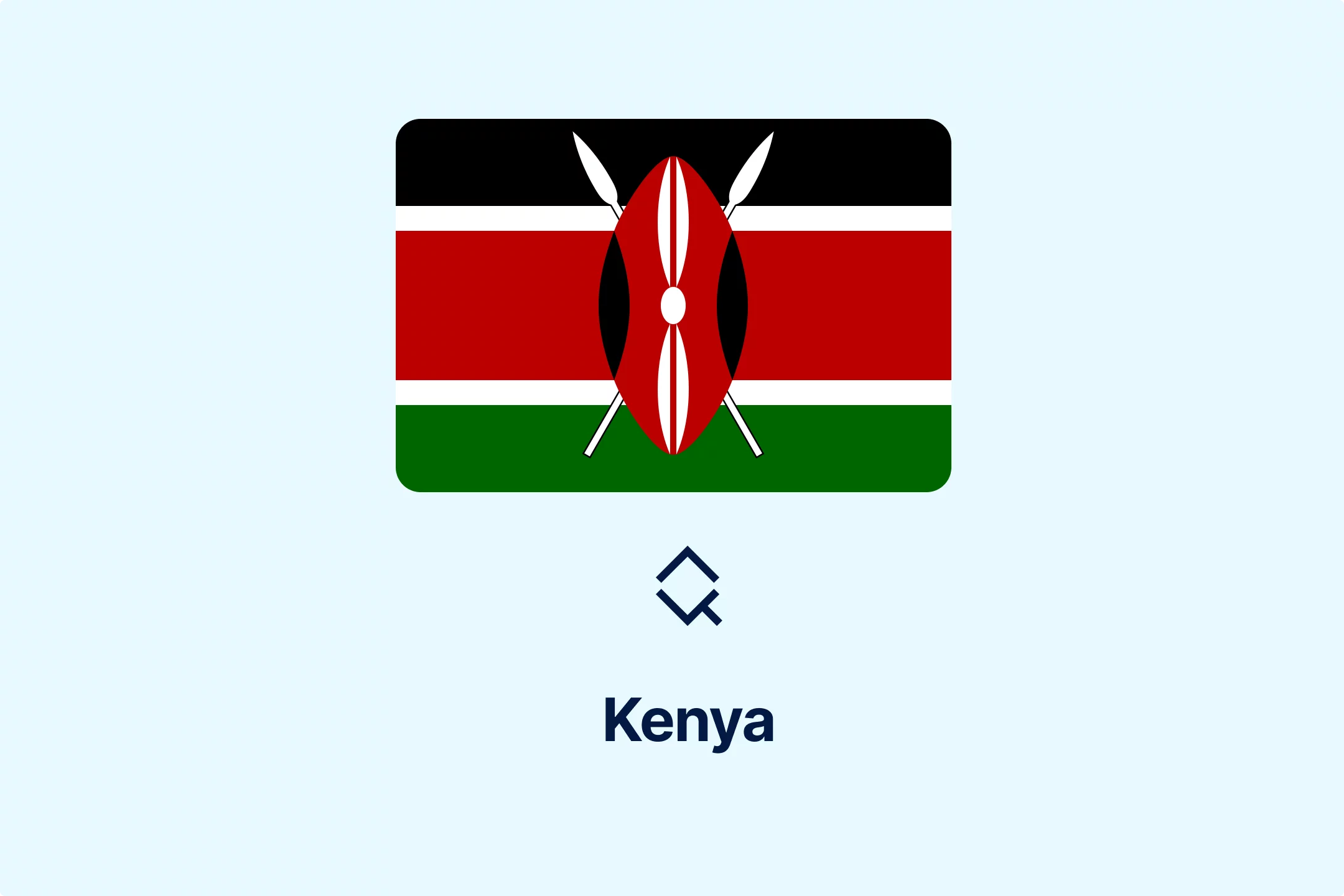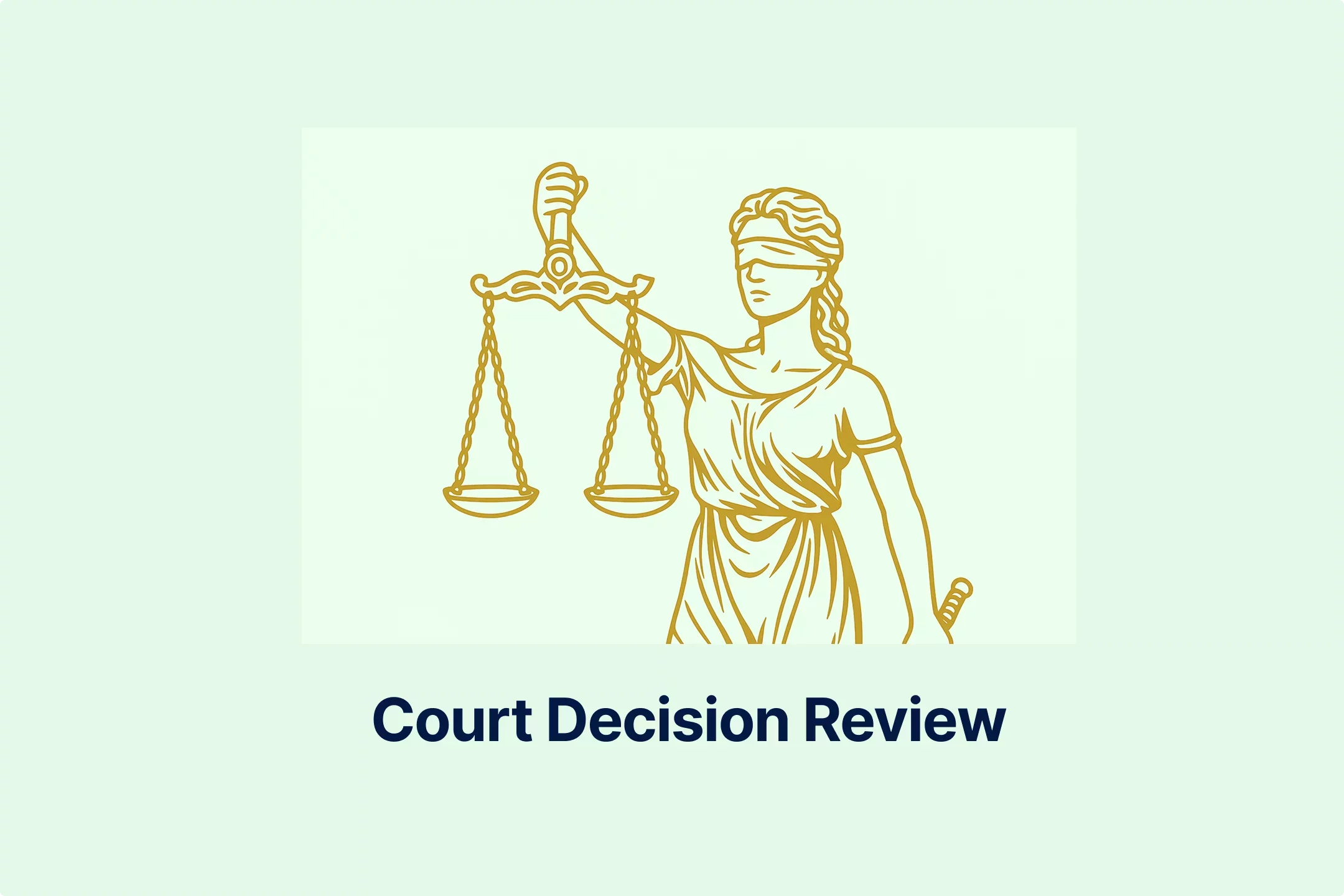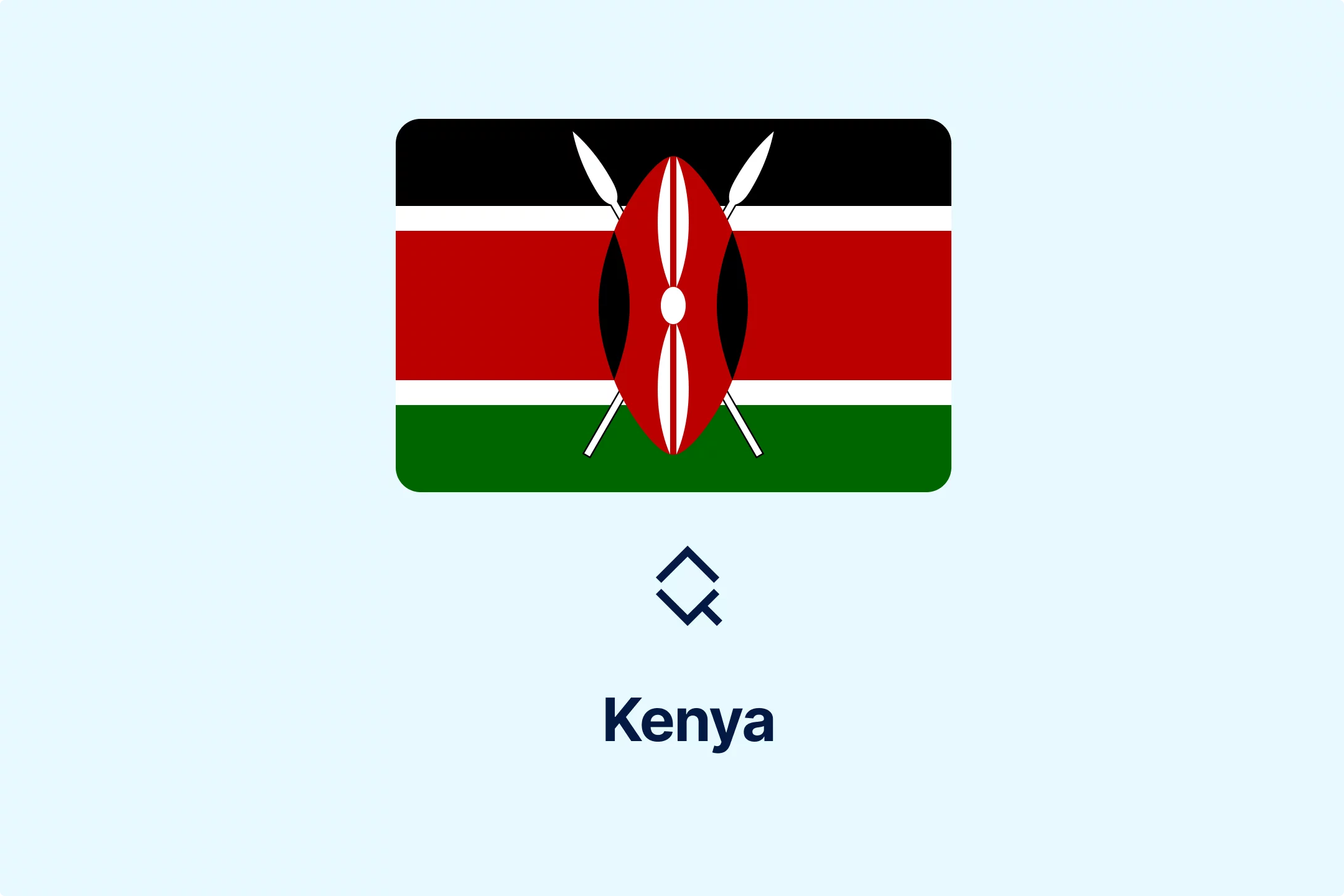Kenya's Virtual Asset Tax Overhaul: New Excise Duty & Regulation
-1lfl8tbv0h.webp)
🎧 Prefer to Listen?
Get the audio version of this article and stay informed without reading - perfect for multitasking or learning on the go.
Introduction
Kenya’s rapidly evolving digital asset landscape has reached a watershed moment with the enactment of the Finance Act 2025 and the parallel advancement of the Virtual Asset Service Providers (VASP) Bill 2025. These legislative frameworks redefine taxation, enhance regulatory oversight, and position Kenya as a regional leader in balancing innovation with fiscal responsibility and consumer protection.
Repeal of the Digital Assets Tax (DAT)
The Finance Act 2025 eliminates the contentious DAT on transaction value, which faced industry backlash for taxing gross amounts irrespective of profitability. This move follows intense lobbying by a crypto industry coalition including major exchange platforms supported by legal partners, which argued the tax stifled innovation and drove users to decentralized platforms. The DAT’s repeal resolves a significant pain point for retail investors and exchanges.
This move aligns Kenya with emerging trends in Africa where countries like Nigeria and South Africa are increasingly asserting tax authority over digital assets through indirect measures. While the shift addresses some design flaws of the DAT, critical issues on implementation, scope, and compliance remain, especially for non-resident digital platforms.
From Digital Asset Tax to Excise Duty: Legal and Policy Shift
The Digital Asset Tax, introduced under the Finance Act, 2023, imposed a 3% tax on the transfer or exchange value of digital assets. It was repealed through the Finance Act, 2025, following industry pushback on clarity, enforceability, and economic impact. The Finance Act, 2025 now introduces excise duty at a rate of 10% on fees charged on virtual asset transactions by virtual asset providers.
The shift from a direct turnover tax to an indirect levy indicates a conceptual reframing from treating digital assets as income-generating instruments to treating services associated with them as excisable transactions. The new change is effective 1st July 2025.
What Is Subject to the New Tax?
The new excise duty under Section 46(b)(v) of the Excise Duty Act applies as follows:
Subject of tax: Fees charged on virtual asset transactions;
Charged to: Customers using services of virtual asset providers (i.e., exchanges, custodians, or brokers);
Rate: 10% of the excisable value (the fee or commission charged).
This means that a Kenyan customer using a local or international crypto exchange will effectively bear a 10% levy on transaction fees, rather than on the entire asset value.
Defining Virtual Asset Providers
The law incorporates the following working definition in Part II of the First Schedule to the Excise Duty Act:
“Virtual asset providers” are defined functionally, as entities offering services related to the transfer, safekeeping, or administration of digital assets.
Enhanced Regulatory Framework Under the VASP Bill 2025
The Bill mandates that all entities offering virtual asset services in Kenya must obtain a license from the relevant regulatory authority. Only legal entities, such as limited liability companies, will be permitted to operate as VASPs, ensuring institutional accountability.
“Virtual asset” means a digital representation of value that can be digitally traded or transferred and can be used for payment or investment purposes and does not include digital representation of fiat currencies, e-money, securities and other financial assets;
Services under the Bill's purview include:
Virtual asset wallet provision
Exchange services (fiat-to-crypto, crypto-to-crypto)
Payment processing and brokerage services
Investment advisory and management
Initial Virtual Asset Offerings (IVOs)
Validation, administration, and mining services
Stablecoin issuance and tokenization platforms
Virtual asset transfer and conversion services
Emphasis on Compliance and Consumer Protection
A central pillar of the proposed VASP Bill is the reinforcement of Anti-Money Laundering (AML) and Countering the Financing of Terrorism (CFT) measures. VASPs will be mandated to establish robust internal risk management systems, perform comprehensive customer due diligence and report any suspicious transactions. This underscores the importance of cybersecurity and data protection, requiring VASPs to implement resilient frameworks in line with existing Kenyan legal and regulatory standards.
The Bill further prioritizes consumer protection by obligating VASPs to clearly communicate terms of service, disclose associated risks, avoid deceptive marketing practices and ensure the security of client assets. Significantly, it also prohibits the use of anonymity-enhancing tools such as “mixers,” which are often linked to illicit financial activities.
Severe Penalties for Non-Compliance
Significant penalties for non-compliance as outlined in the bill includes; license suspension or revocation, substantial fines for operational breaches and potential imprisonment for individuals involved in severe violations like operating without a license or engaging in money laundering.
Industry & Government Alignment
The tax amendments reflect successful industry-government dialogue. Crypto stakeholders unified under a coalition to advocate for viable tax models. Authorities acknowledged the DAT’s flaws, prioritizing transaction-based levies to sustain innovation.
Kenya’s choice of an excise model, therefore, diverges by targeting the platform’s service fees rather than asset gains, which may simplify compliance for the Kenya Revenue Authority (KRA).
Opportunities and Risks
For virtual asset providers and crypto exchanges:
The tax increases the cost of transactions, potentially driving users to informal P2P platforms.
Businesses must disclose and collect excise on fees potentially altering their fee structures to remain competitive.
For The government:
The move provides a predictable and administratively easier tax base, but risks undermining the digital economy narrative Kenya has been promoting globally.
Regional Leadership: Neighbouring countries like Tanzania and Rwanda often mirror Kenyan policies, amplifying regional impact.
Investor Confidence: Clearer tax/regulatory rules may attract foreign virtual asset investments.
Enforcement challenge: How will Kenya enforce tax on decentralized or offshore entities with no physical presence? These gaps risk turning the provision into a toothless measure unless KRA pairs it with enhanced monitoring, DNS/IP-based enforcement or pressure on payment gateways and telecom providers.
Conclusion
Kenya’s Finance Act, 2025, reflects a pragmatic policy shift from taxing digital asset values directly to taxing the platforms enabling their use. While this reduces the friction seen under the repealed DAT, success will depend on the ability to implement, enforce and regulate the ecosystem coherently. The approach contrasts with Nigeria’s direct gains tax and South Africa’s reporting-heavy framework, illustrating diverse African strategies in navigating the crypto tax frontier.
These amendments also signify a progressive recalibration of virtual asset policy. By replacing the DAT with excise duty, tightening anti-money laundering controls, and instituting risk-based licensing, Kenya balances revenue generation, innovation encouragement and investor protection. As the VASP Bill nears enactment, Kenya is poised to become a model for Africa’s digital asset economy proving that collaborative policymaking can turn regulatory challenges into growth opportunities.
Sources: Republic of Kenya, Finance Act, 2025,Virtual Asset Service Providers (VASP) Bill 2025

More News from Kenya
Get real-time updates and developments from around the world, keeping you informed and prepared.
-e9lcpxl5nq.webp)















.png)
